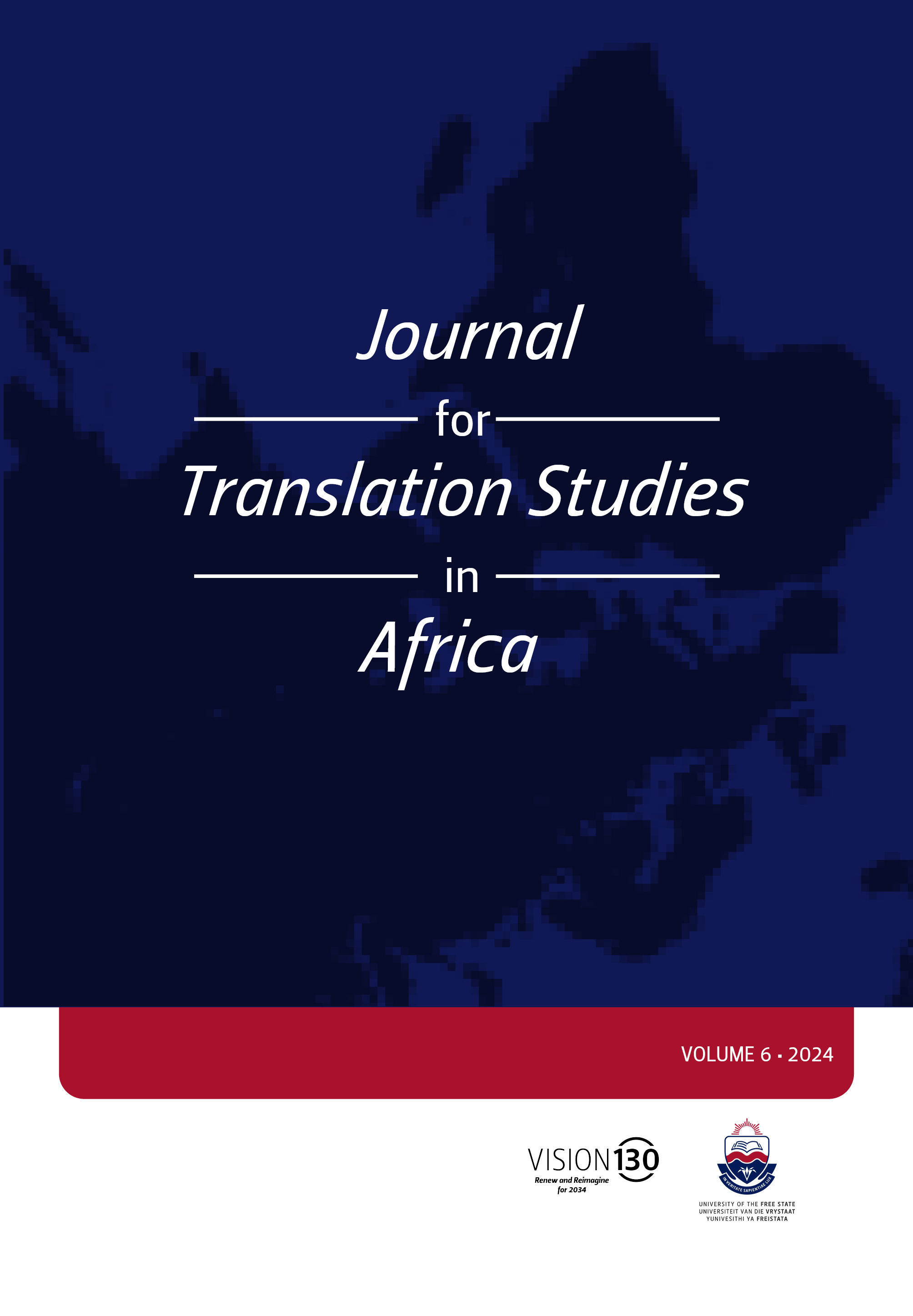BRAZILIAN TRANSLATION OF AFRICAN-AMERICAN VERNACULAR ENGLISH: GIVING VOICE TO THE AFRICAN DIASPORA
DOI:
https://doi.org/10.38140/jtsa.v6i.7838Keywords:
dialect translation, African diaspora, Brazilian Portuguese, African-American Vernacular EnglishAbstract
African-American Vernacular English has been simulated in literature through eye dialect or feigned orality at least since the time of Mark Twain and Joel Chandler Harris, lurching between realism, empathetic paternalism, and hostile caricature. More recently, Black authors and filmmakers have been foregrounding the connection between identity, speech, and code-switching, and African-American Vernacular English is becoming increasingly present in media. Combined with expanding global media penetration, this trend has created a situation that translators and subtitlers worldwide must address. Among the small body of research on the translation of dialect/orality in Brazil, specific analysis of African-American Vernacular English is lacking, which is surprising, since Brazil is a major consumer of imported American cultural products and home to the second-largest African diaspora community in the world. Because no race-based dialects exist in Brazilian Portuguese, three general translation strategies have been used to represent African-American Vernacular English: homogenizing, ruralizing, and urbanizing. Examples will be presented of each strategy, their limitations will be discussed, and translator justifications for their use will be explored. A recent apparent trend away from homogenization will also be discussed.
Downloads
##submission.downloads##
Published
How to Cite
Issue
Section
License
Copyright (c) 2024 Vanessa Lopes Lourenço Hanes

This work is licensed under a Creative Commons Attribution 4.0 International License.




